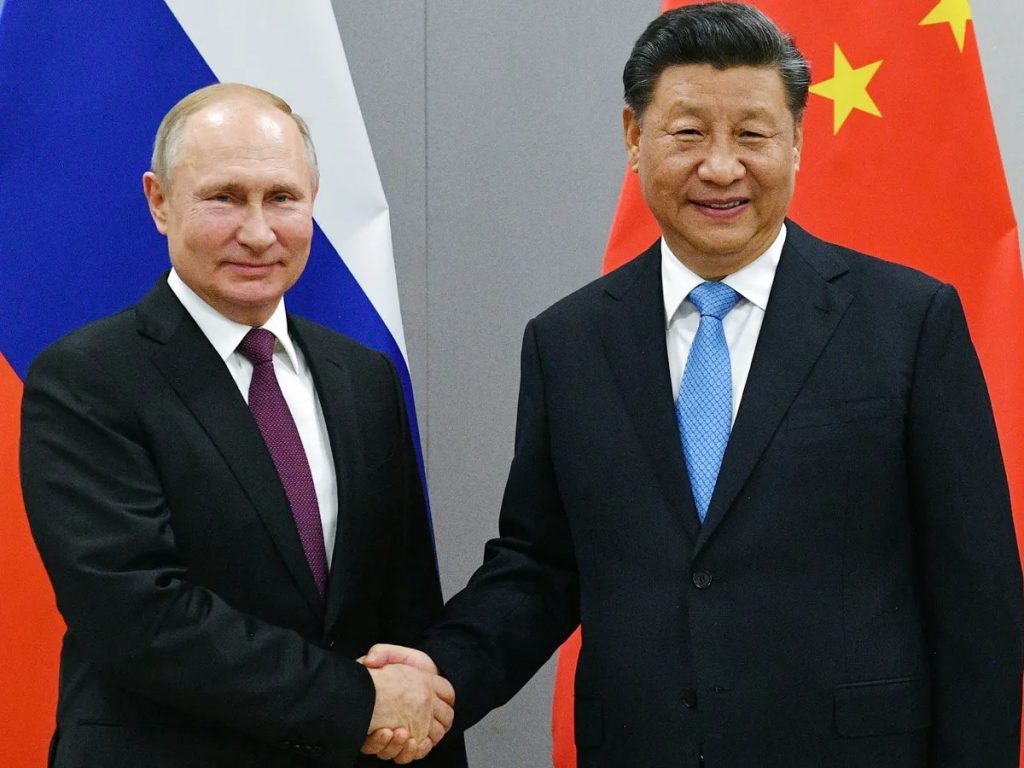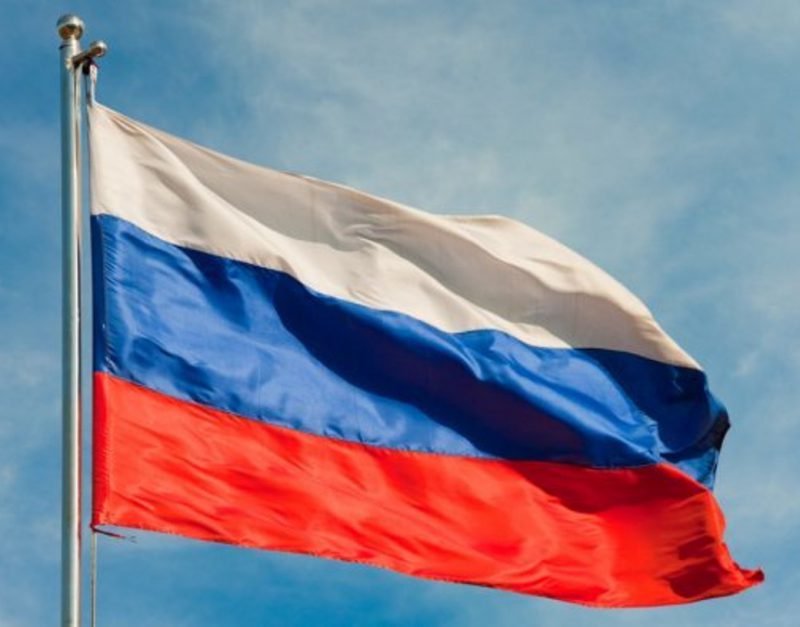Russia has officially launched a mega de-dollarization drive to help the BRICS alliance navigate away from the Western financial system. Russian Finance Minister Anton Siluanov said to RT that the Putin administration could suspend transactions in the US dollar at any moment.
Siluanov explained that Russia is working towards making BRICS accelerate efforts to make de-dollarization the central piece for all policies. The Russian Minister called the US dollar “a third-party currency” which should be avoided for all cross-border trade and transactions.
Also Read: Areas Where BRICS Challenges the USA and Areas Where It Falls Short
Russia Pushing For Major De-Dollarization Drive Among BRICS Members


The Minister stressed that Russia is pushing for BRICS countries to use national currencies for all trade deals. This includes settling payments in the Russian ruble, Chinese yuan, Indian rupee, and South African rand, among others. He revealed that these currencies can be an alternative to the Western-dominated financial world.
Our BRICS de-dollarization drive “would not involve Western financial infrastructure or settlement in currencies of those countries that imposed sanctions on Russia and would secure the New Development Bank from possible risks,” Siluanov stated.
Also Read: India Distances Itself From BRICS To Secure Trade Deals With the US
He also revealed that Russia could suspend trading in the US dollar in the new mega de-dollarization drive. We “have proven their reliability and independence from Western lending institutions that at any moment, as it turned out, can suspend payments,” he said. The Minister said that even if the US lifts sanctions on Russia, the Putin administration will not allow the dollar to become the main reserve currency in their central bank.
In addition, Russia aims to sign new trade deals with BRICS members on the condition of accelerating the de-dollarization drive. While China and Iran might agree to the policies, India, South Africa, and the UAE might remain on the sidelines. The three nations want the US-denominated assets to help their respective economies and GDP grow.





